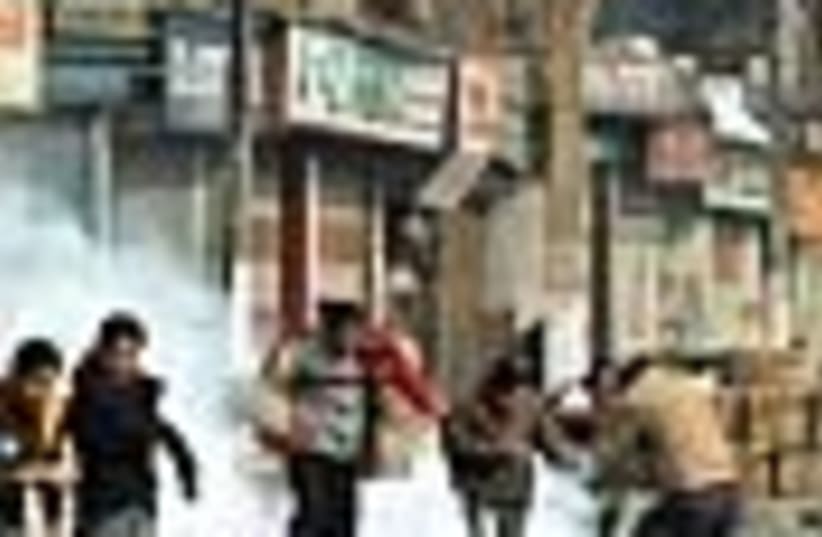| More about: | India, Iran, International Atomic Energy Agency, George W. Bush |
India's attitude to a nuclear Iran
The gov't is under internal pressure to support Teheran, but it also wants to strengthen ties with US.


| More about: | India, Iran, International Atomic Energy Agency, George W. Bush |